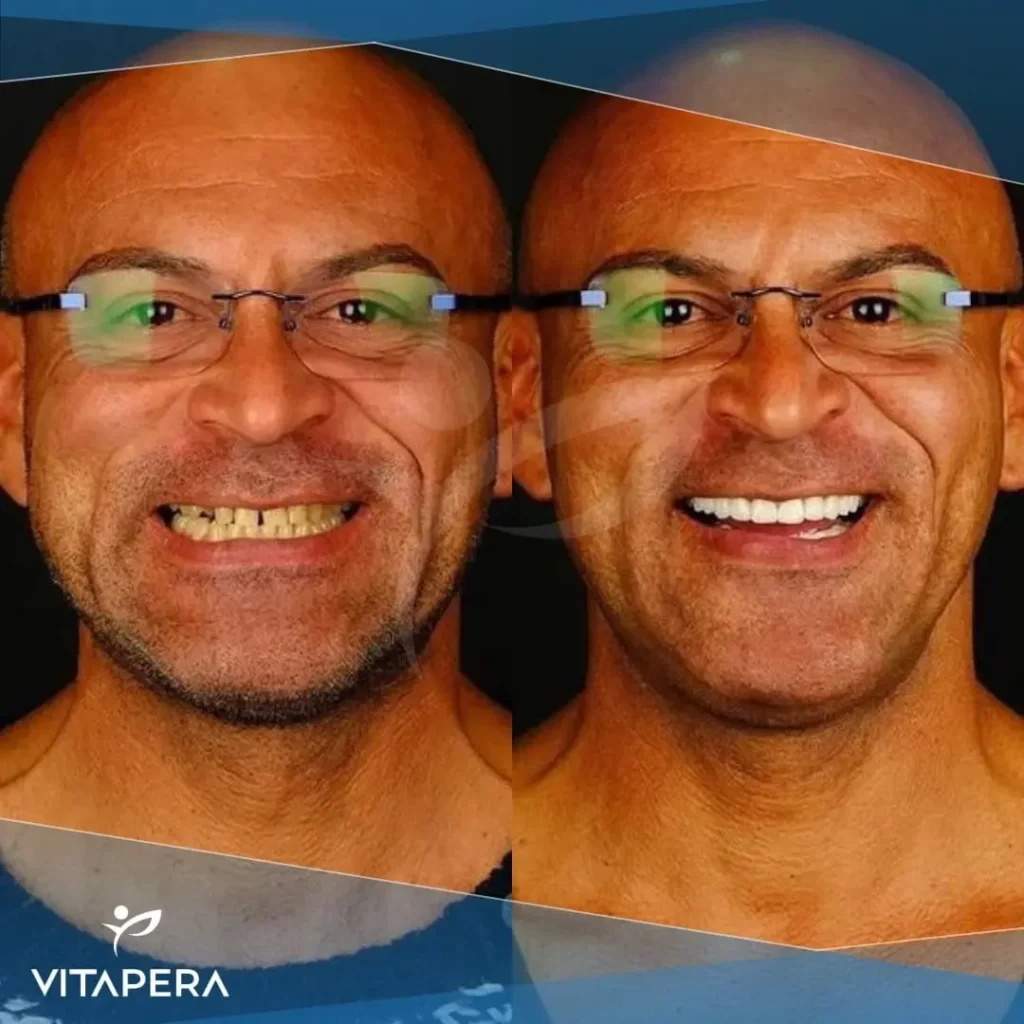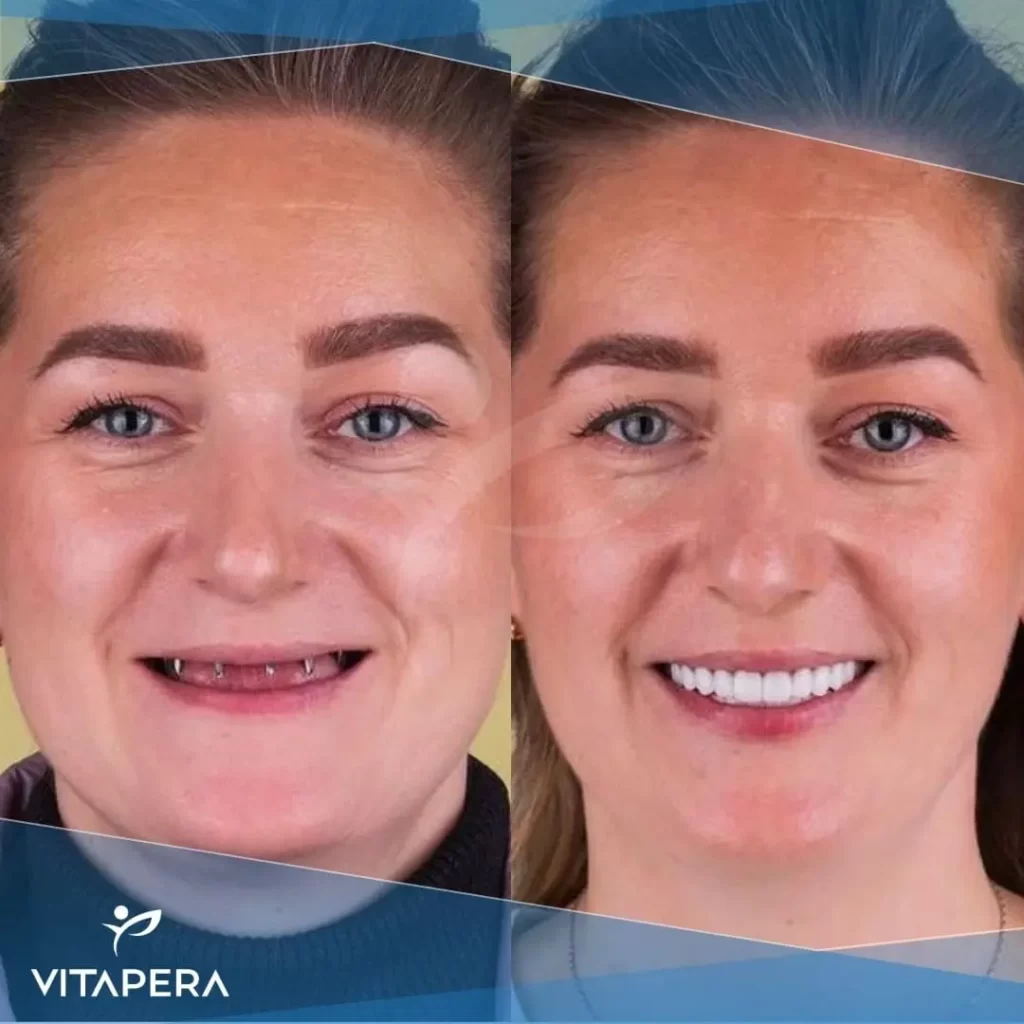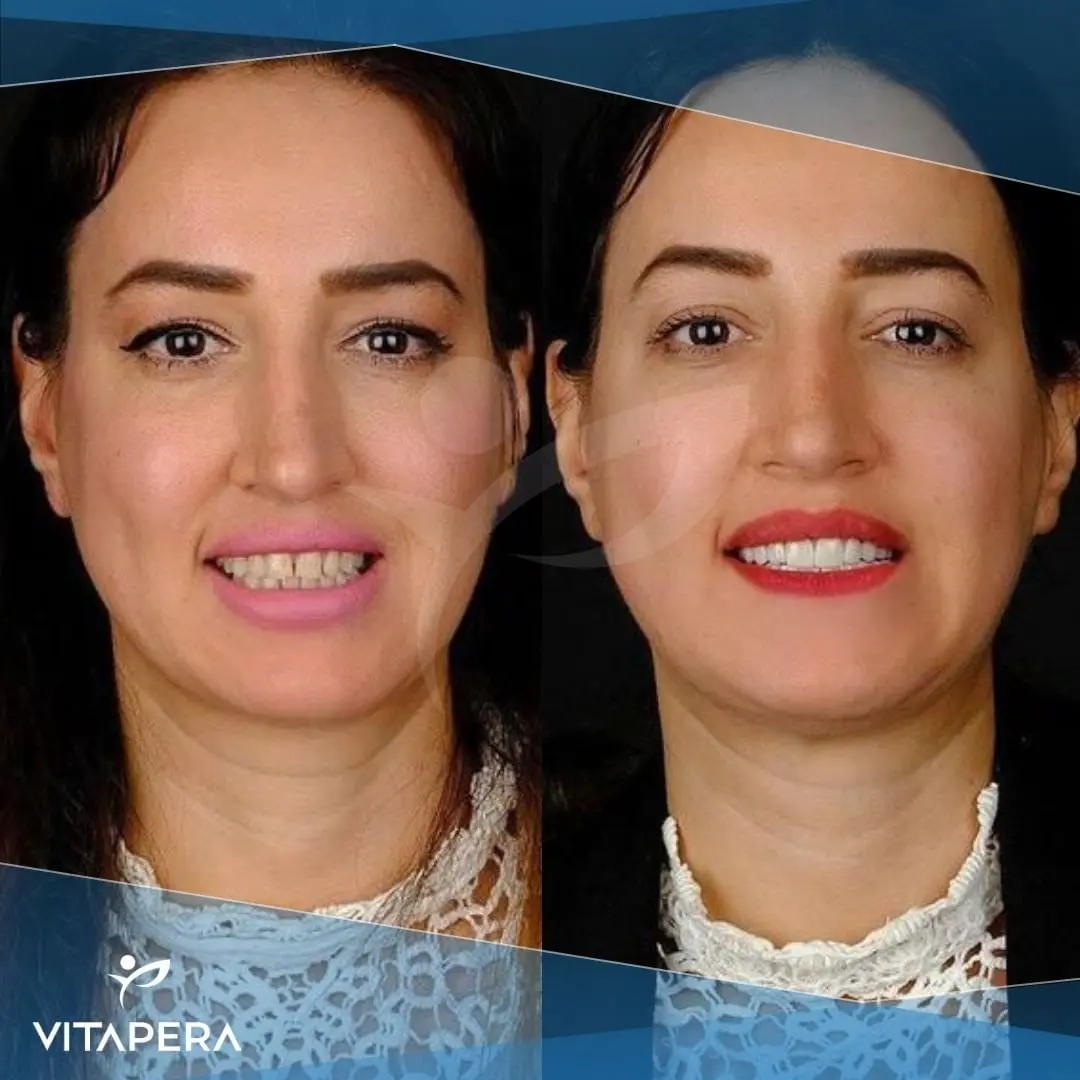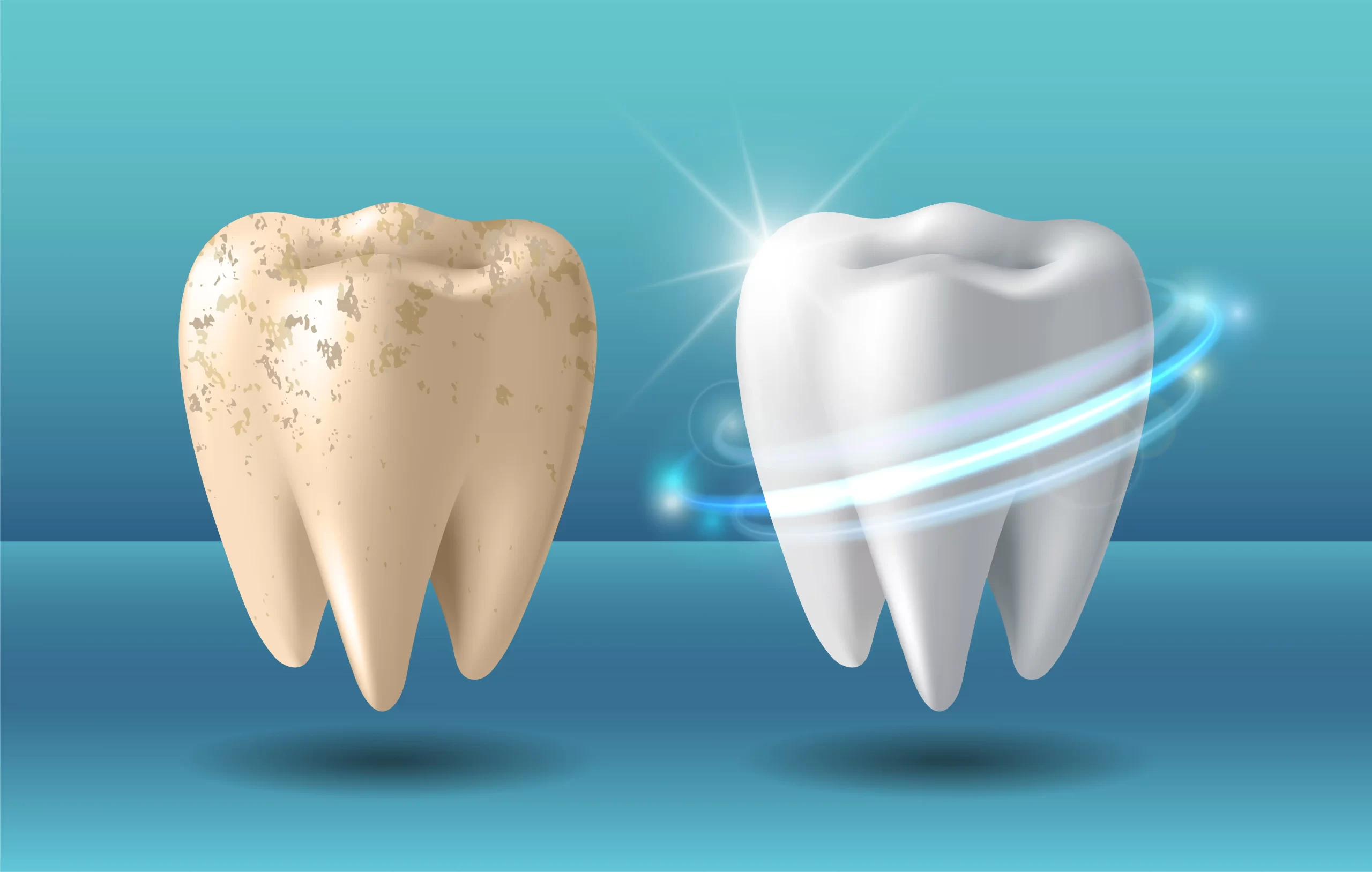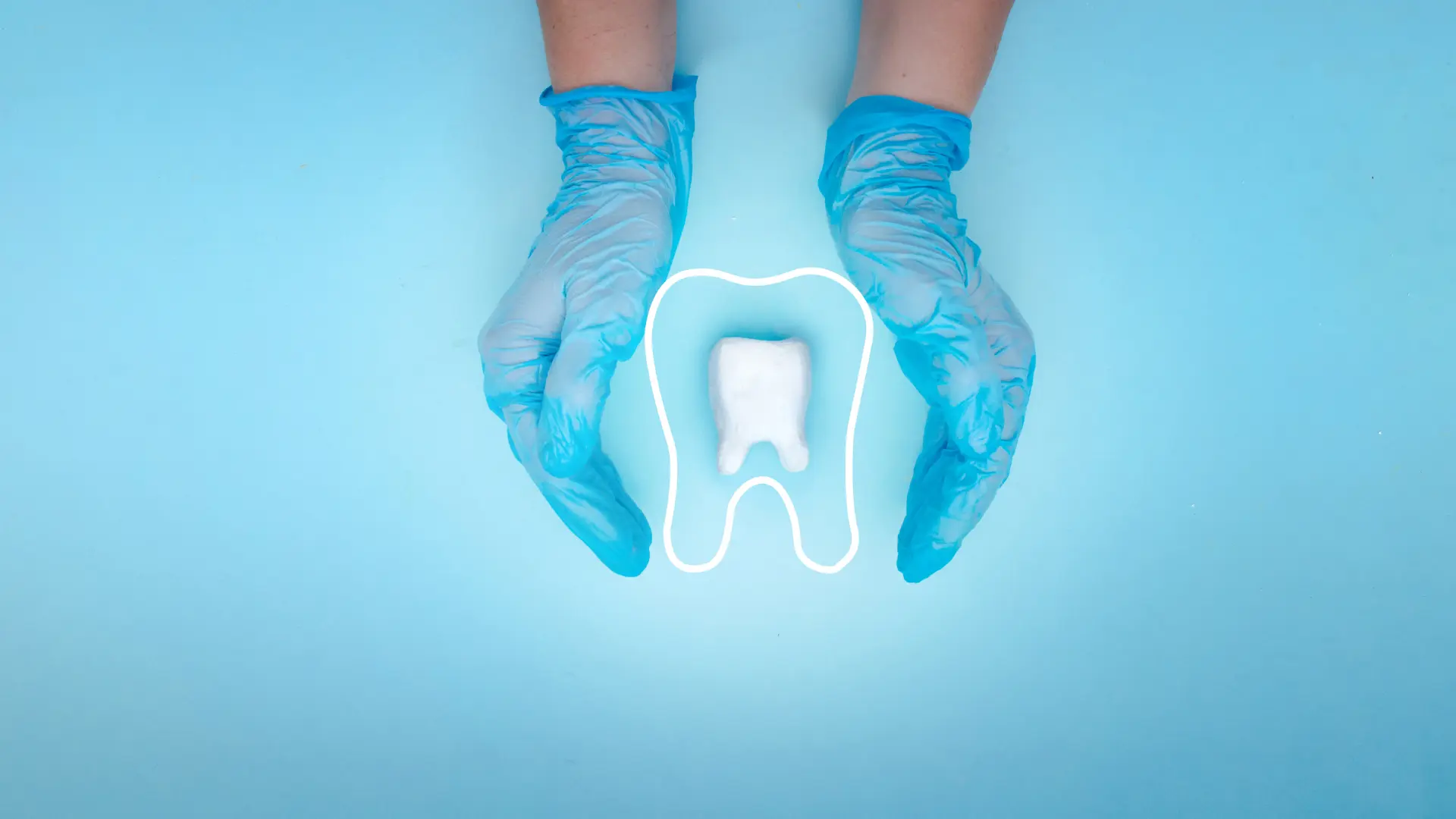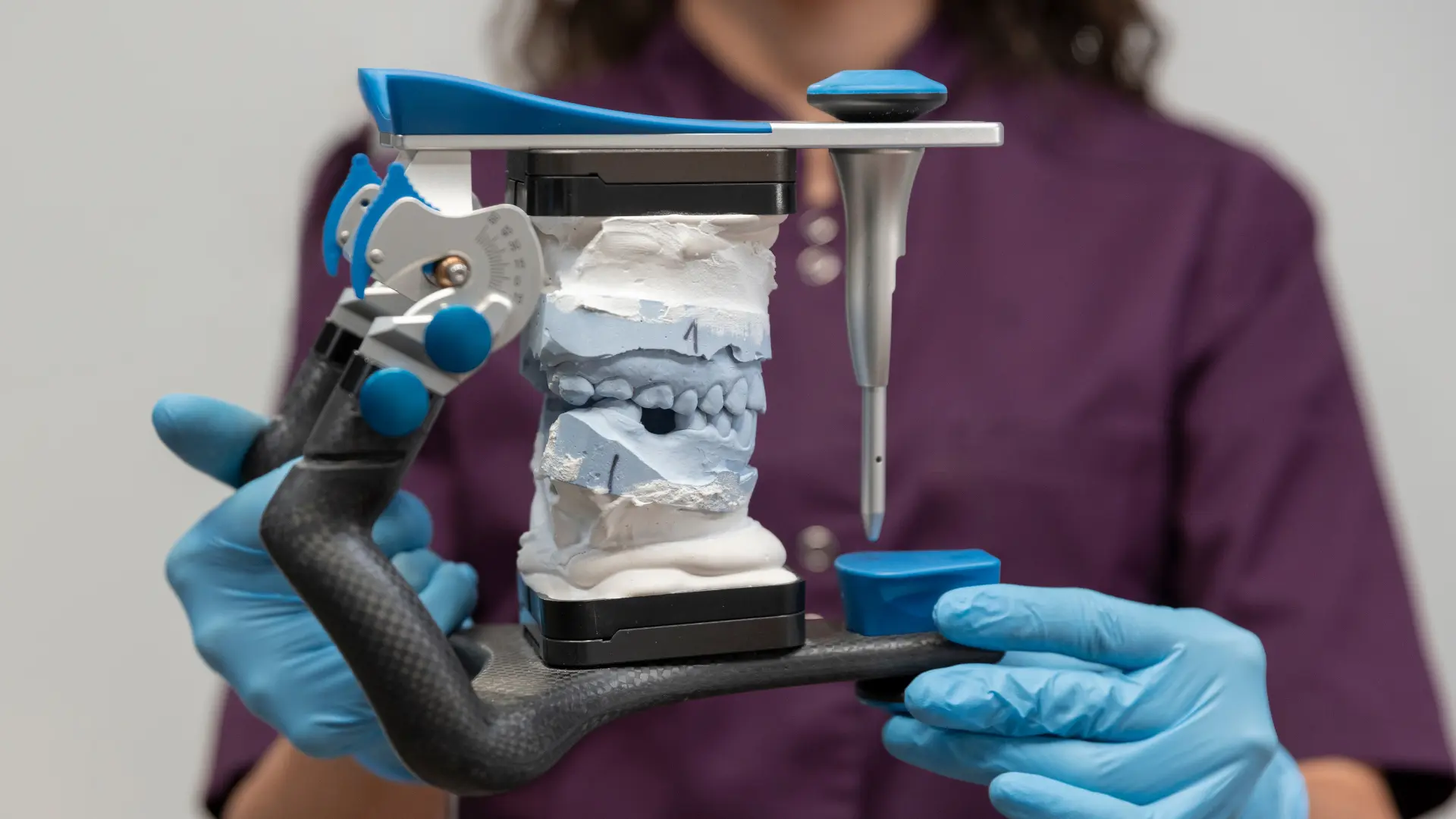Good dental care is essential for a healthy smile and overall health. Here are some basic tips to help you maintain good dental hygiene. Having a healthy smile is important for your overall health, but it can be hard to know where to begin when it comes to dental health.
What is dental care and why is it important?
Cleaning and maintaining healthy teeth, often known as dental care, is a vital part of overall health. Maintaining good dental deep cleaning requires daily brushing and flossing in addition to twice-yearly visits to the dentist.
Maintaining good dental care is a preventative measure. This implies that if you take proper care of your gums and teeth, you can prevent dental health problems like cavities, gum disease, and halitosis from ever manifesting. To maintain long-term health, it’s crucial to take care of your teeth and gums.
Simply, good dental health is a collection of actions and routines that foster and safeguard your gums and teeth. The current definition of proper dental deep cleaning is the absence of pain or discomfort when speaking, chewing, or making expressive faces. Therefore, it is crucial to both psychological and physiological well-being
Facts about dental and oral health
Dental and oral health care is more than about having a healthy set of teeth; it is an essential part of one’s physical health. Here are some essential facts:Here are some essential facts:
- Connection to Overall Health: Oral health is an integral part of the general health of a person. Oral health can worsen various diseases such as diabetes, heart disease, or become a complication during pregnancy.
- Prevalence of Oral Diseases: Interestingly, even with an enhanced understanding of dental health, people all over the world continue to experience oral health issues. Caries, or tooth decay, and periodontal diseases, including periodontitis, are two of the most prevalent conditions, which impact billions of individuals worldwide.
- Impact of Lifestyle: Nutrition habits, smoking, and the lack of regular dental care have a major impact on dental conditions. Glycated food products, tobacco use, and lack of oral hygiene practices contribute to dental problems.
- Preventable with Proper Care: Most dental diseases are avoidable through professional dental check up, learned oral hygiene measures such as brushing and flossing, and appropriate diet.
- Importance of Early Detection: It is recommended to have dental check ups from time to time so that any problem with the teeth can be detected and addressed early when they are usually not very expensive. It is therefore important to use early intervention to tackle such complications before they affect oral health.
- Role of Genetics: It is also important to understand that some of the factors that affect the state of oral health are genetic. It is also important to note that there exist genetic predispositions to some oral diseases among people.
- Oral Health Across Lifespan: The demands that oral health makes require attention at different stages in life. In infancy, childhood, adolescence, and adulthood, various challenges and demands follow to ensure a proper dental health standard.
- Social and Psychological Impact: Dental conditions can result in low self esteem, reduced self confidence as well as poor social interaction and hence an overall poor quality of life. Problems such as toothlessness, halitosis, etc., result in social isolation, as an individual is ashamed of attending social events.
Knowledge of these facts explains why it is relevant to pay adequate attention to dental and oral health in achieving personal wellness.
Symptoms of dental problems
Some potential indicators of healthy teeth issues include the following. Some of the most obvious results of neglecting your dental cleaning are:
- Bleeding gums.
- Bad teeth.
- Long-term foul breath.
- Loose teeth.
- Loss of gum tissue.
- Persistent mouth ulcers.
- Toothache.
- Swelling jaw
- Inflammation of the gums and soft tissues of the mouth, caused by bacteria and viruses known as gingivitis.
Researchers are finding more and more evidence of a correlation between your dental health and your overall health. Inadequate dental care has been related to a variety of major health issues.
Causes of dental and oral diseases
Awareness of some of the signs that show that an individual has some dental issues is important as it will help prevent worsening of the problem. Here are common signs to watch out for:
- Tooth Pain: Chronic or episodic pains arising from the teeth can be as a result of a number of factors including; decay, infections, or injury to the teeth.
- Gum Problems: Sore, red or bleed while brushing or eating hard foods could also indicate gum disease (gingivitis or periodontitis).
- Sensitivity: Any sensitivity towards hot, cold, sweet or acidic food and beverages is a signal that the enamel is worn out, you have cavity, or that your teeth have exposed root surfaces.
- Bad Breath: So, halitosis, or chronic bad breath, has its root causes in an unclean mouth, diseases of the gums, and systemic diseases.
- Visible Changes: Chips, stains or marks on the surface of the teeth often symbolize cavities or abrasive surface of the teeth enamel.
- Loose Teeth: Teeth not becoming loose only due to dental abnormalities is indication of severe gum disease or other related disorders.
- Pain or Discomfort When Chewing: Any discomfort or hard time when chewing, can prove to be a dental issue of either decay, cracked teeth or misalignment of teeth.
- Jaw Pain or Clicking: Any form of discomfort or sound like popping or clicking from the jaws when opening or closing the mouth could be the sign of TMD.
- Mouth Sores: Open sores or ulcers in the mouth that do not have a tendency to heal within one week may need a consultation with the dentist.
- Changes in Bite: Problems with positioning and shape of teeth, and changes in occlusion or occlusal relationship suggest different diseases.
It is important to detect these signs early and visit the dentist for treatment to prevent minor complications from becoming major ones.
The basics of dental care: 7 steps
Proper dental hygiene should therefore always be observed in order to avoid dental health related complications. Here’s a step-by-step guide to the basics of dental care:
Step 1: Brushing
- You should use a soft brush and fluoride toothpaste when brushing your teeth.
- It is recommended to angle the brush at 45 degrees to the gum line.
- Brush in a circular motion to clean all the outer, inner, and chewing surfaces of each tooth.
- You should brush your teeth for at least 2 minutes two times a day – in the morning and at night.
Step 2: Flossing
- Clean between teeth with dental floss or interdental brushes where a toothbrush cannot reach.
- Slide the floss between the teeth and wrap it around each tooth in a C-shape motion.
- Move the floss up and down in order to clean the side of your teeth.
- Clean between teeth at least once a day, ideally in the evening before going to bed.
Step 3: Rinsing
- Use water to rinse your mouth after meals to remove food debris and to reduce the acidity of your mouth.
- Rinse your mouth with an antimicrobial or fluoride mouthwash to minimize bacteria and enhance the enamel of your teeth.
- Do not rinse your mouth with water after brushing your teeth to allow the fluoride in the toothpaste to linger in your mouth.
Step 4: Dietary considerations
- Avoid foods with high sugar and acid content as these foster tooth decay.
- Include fruits, vegetables, lean proteins, and whole grains in your meals.
- Consume lots of water daily particularly if it is fluoridated water since it strengthens teeth.
Step 5: Dental check-ups
- Visit a dentist for checkups and teeth cleaning at least once every six months.
- On these visits, your dentist will screen for dental issues, clean your teeth, and give advice about oral care.
Step 6: Professional dental care
- Visit a dentist for treatment if you have issues such as tooth caries, gingivitis, sensitive teeth, and oral infections.
- Comply with the advice of your dentist in terms of rehabilitation measures including fillings, crowns, root canal, and implants.
Step 7: Maintain overall health
- Learn about the relationship between oral hygiene and general wellbeing, and promote such practices.
- Control systemic diseases such as diabetes and osteoporosis which are known to impact oral health.
- Exercise stress control.
What are the benefits of dental care?
While a dentist can fix cavities and gum disease, it’s better to prevent them from occurring in the first place. In this case, it’s important to practice good dental hygiene. A few of the many advantages to maintaining a routine of good dental hygiene are:
- Better oral hygiene, meaning healthier gums and teeth.
- Have one of the most attractive smiles.
- Better breath of fresh air.
- Diminished need for dental restorations including fillings, crowns, bridges, implants, or prosthetics.
- Reduced danger of developing cardiovascular disease, stroke, diabetes, and other diseases.
- Protection from developing mouth cancer.
- Taking care of your teeth will help you avoid a lot of hassle and cash down the road.
- Aids in Plaque Prevention and Gum Health
- Saves Your Lovely Glow
- Protects Against Deadlier Illnesses
- Relieves Halitosis
How often should I go to the dentist?
When the time between dental cleanings reaches six months or longer, it’s time to make an appointment with a doctor. They will take a look at your mouth and teeth and provide you deep teeth cleaning with private dental care. Have your dentist recommend a cleaning treatment plan that works for you.
Schedule an advanced dental care appointment with your dentist if you experience any of the following warning signs:
- Tooth pain,
- Bleeding gums,
- Tooth decay,
- Persistent bad breath,
- Constantly dry mouth.
Dental treatments with Vitapera
Good dental care has a profound impact on physical wellbeing. Invest in your dental and general wellness today. We provide safe private dentistry for our dear private patients.
Contact us whenever you’re ready to set up your next scheduled appointment. If you have any questions or concerns about your healthy teeth and learn more about dental care, we are here to help you every step of the way!
